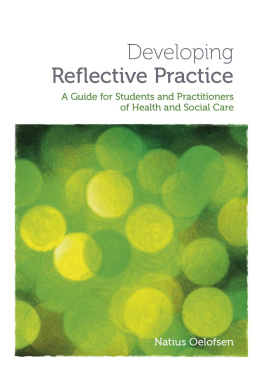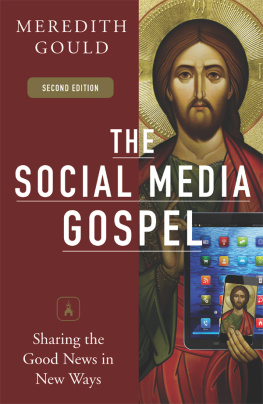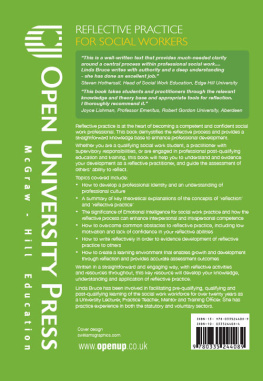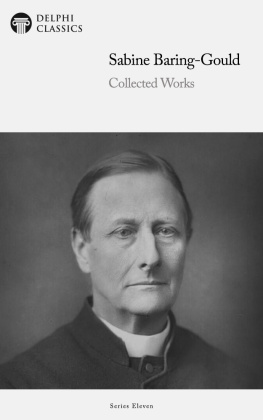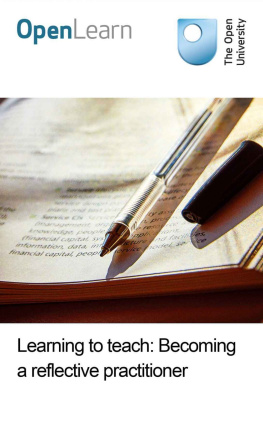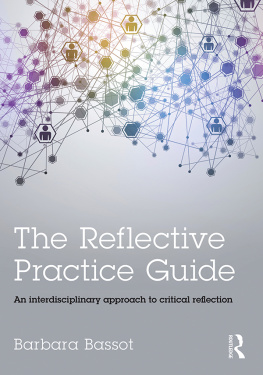Nick Gould - Reflective Learning for Social Work
Here you can read online Nick Gould - Reflective Learning for Social Work full text of the book (entire story) in english for free. Download pdf and epub, get meaning, cover and reviews about this ebook. year: 2017, publisher: Taylor & Francis, genre: Religion. Description of the work, (preface) as well as reviews are available. Best literature library LitArk.com created for fans of good reading and offers a wide selection of genres:
Romance novel
Science fiction
Adventure
Detective
Science
History
Home and family
Prose
Art
Politics
Computer
Non-fiction
Religion
Business
Children
Humor
Choose a favorite category and find really read worthwhile books. Enjoy immersion in the world of imagination, feel the emotions of the characters or learn something new for yourself, make an fascinating discovery.

- Book:Reflective Learning for Social Work
- Author:
- Publisher:Taylor & Francis
- Genre:
- Year:2017
- Rating:4 / 5
- Favourites:Add to favourites
- Your mark:
- 80
- 1
- 2
- 3
- 4
- 5
Reflective Learning for Social Work: summary, description and annotation
We offer to read an annotation, description, summary or preface (depends on what the author of the book "Reflective Learning for Social Work" wrote himself). If you haven't found the necessary information about the book — write in the comments, we will try to find it.
Nick Gould: author's other books
Who wrote Reflective Learning for Social Work? Find out the surname, the name of the author of the book and a list of all author's works by series.
Reflective Learning for Social Work — read online for free the complete book (whole text) full work
Below is the text of the book, divided by pages. System saving the place of the last page read, allows you to conveniently read the book "Reflective Learning for Social Work" online for free, without having to search again every time where you left off. Put a bookmark, and you can go to the page where you finished reading at any time.
Font size:
Interval:
Bookmark:

Nick Gould and Imogen Taylor

2 Park Square, Milton Park, Abingdon, Oxon OX14 4RN
711 Third Avenue, New York, NY 10017, USA
Product or corporate names may be trademarks or registered trademarks, and are used only for identification and explanation without intent to infringe.
Reflective learning for social work:
research, theory and practice
1. Social work education
2. Social service
I. Gould, Nick II. Taylor, Imogen
361.3'07
ISBN 978 1 85742 320 4 (hardback)
ISBN 9781857423204 (hbk)
- Chapter 1 Introduction: social work education and the 'crisis of the professions'
Nick Gould - Chapter 2 Reflections on issues in social work education
Catherine P. Papell - Chapter 3 Course design for reflective practice
David Boud and Susan Knights - Chapter 4 Learning from experience and reflection in social work education
Alma Harris - Chapter 5 Teaching social work as a reflective process
Ken Moffatt - Chapter 6 Using imagery in reflective learning
Nick Gould - Chapter 7 Facilitating reflective learning
Imogen Taylor - Chapter 8 'Patterns that connect': opportunities for reflective practice in network placements
Jane Batchelor and Karen Boutland - Chapter 9 Managing for reflective learning
Phyllida Parsloe - Chapter 10 Team and management consultation: reflections on the world's third oldest profession
Brian Dimmock - Chapter 11 Finding meaning for social work in transitional times: reflections on change
Amy B. Rossiter - Chapter 12 Reflective learning, social work education and practice in the 21st century
Imogen Taylor
Font size:
Interval:
Bookmark:
Similar books «Reflective Learning for Social Work»
Look at similar books to Reflective Learning for Social Work. We have selected literature similar in name and meaning in the hope of providing readers with more options to find new, interesting, not yet read works.
Discussion, reviews of the book Reflective Learning for Social Work and just readers' own opinions. Leave your comments, write what you think about the work, its meaning or the main characters. Specify what exactly you liked and what you didn't like, and why you think so.


